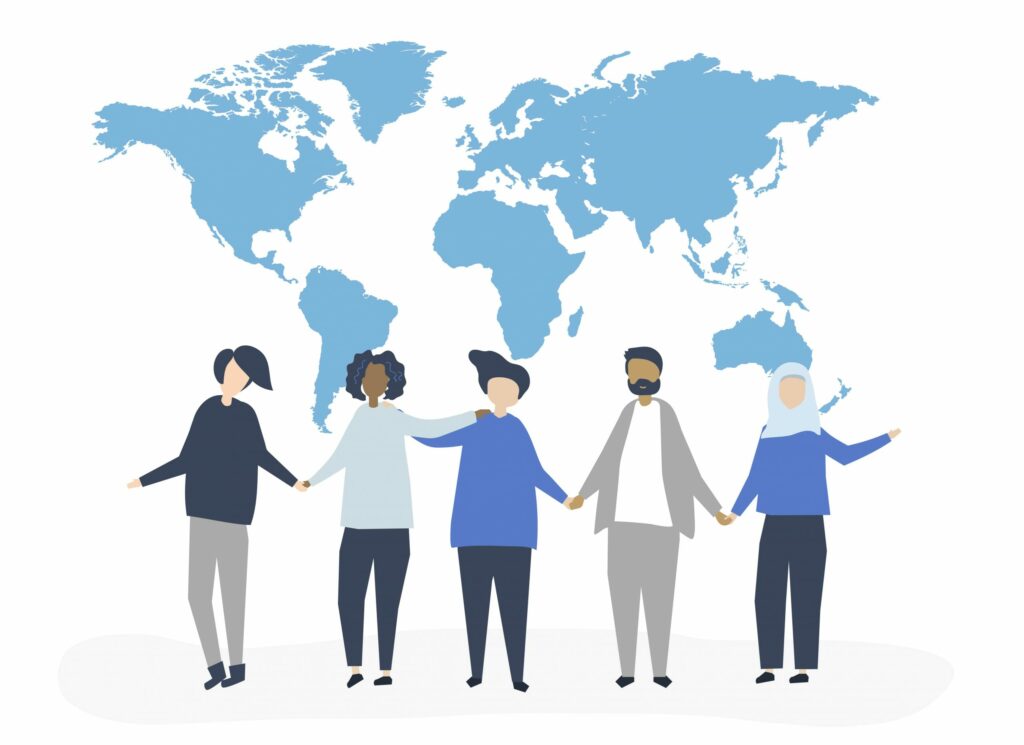Geographically speaking, Australia and the Philippines is 6,308 kilometres away from each other. By plane, it would roughly take at least 8 hours and 25 minutes. But other than the location, both countries also have cultural differences which are especially evident in workplaces.
Culture is definitely one of the biggest hurdles to overcome when working with different races. So it is best to learn a few of the common cultural differences to avoid misjudgment.
Here are a few cultural differences between the Philippines and Australian workplaces:
Hierarchy vs Equality
Workplaces in the Philippines importantly observe hierarchy. They aim to maintain an unstressful environment with their bosses and other executives. Authority is highly respected and orders are followed without objections.
On the other hand, Australian workplaces practise equality regardless of race, gender, and position. They strongly believe that positions only disrupts the company’s productivity.
In addition, Filipino employees also use titles such as “Sir, Ma’am, Boss”, almost automatically when they meet the higher-ups in the company. However, despite the position, Australian employees are more comfortable calling each other on a first-name basis.
Self-discipline vs Laid-back
Australians are well-known around the world to have a “laid-back” personality. They are often relaxed and have always seen things on a lighter side. But where does that specific personality started? According to Dr. Tanja Luckins, a lecturer in Australian Studies at Melbourne’s Deakin University, Australia was the first place in the world to introduce the eight-hour workday. She also mentioned that Victoria was the first place in the world to introduce the eight-hour day: eight hours for work, eight hours for rest, and eight hours for recreation. This setup helps them achieve a healthy work-life balance that might’ve affected how they view things.
On the contrary, most of the Filipino working population believes that work is of higher importance. Thus, working hard is the only way to help their families to provide for their daily needs. They even prefer to work overtime and on holidays just to finish their responsibilities at work. And despite a lot of drawbacks, Filipinos are undoubtedly hard workers.
Results-oriented vs Relationships-oriented
In an Australian work setting, time is of the essence. They don’t appreciate those who are always late because it only disrupts their level of productivity. Their full attention mostly leans on deadlines and results rather than long-lasting relationships with their fellow employees.
On the flipside, Filipinos highly value a harmonious working environment, thus making sure that engaging and communicating well with their co-workers is possible. They love discussions, casual conversations, and doing consensus before deciding even the smallest of things.
All these cultural differences between the Philippines and Australia defines each country, their history, and their individualism. Nonetheless, these differences did not hinder them to collaborate on a specific business idea – outsourcing.
A huge number of Australian businesses and startups have already started to rely on several business outsourcing companies in Southeast Asia. Location- and time zone-wise, most of them specifically choose offshore staffing in the Philippines.
For several years, the trust and partnership between these two countries tighten even more despite their cultural differences. Contact us for a free consultation today!



